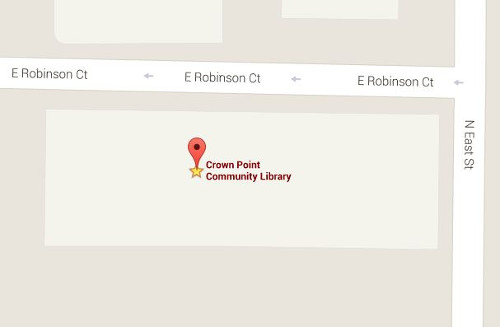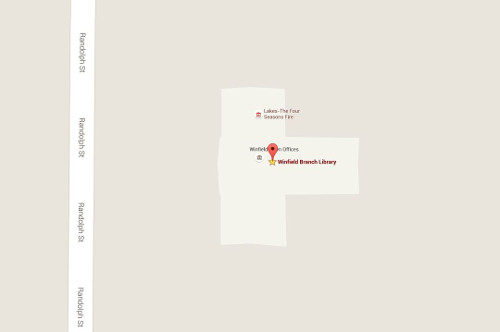Banned Book Week: September 26–October 2
Books unite us. They reach across boundaries and build connections between readers. Censorship, on the other hand, divides us and creates barriers. One of our most important goals here at the Library is to provide free and equitable access to information and resources. Among the many implications of that word––access––is the notion of freedom: you are free to read, watch, play, or listen to whatever interests you.
The ALA Office for Intellectual Freedom tracked 156 challenges to library, school, and university materials and services in 2020. Of the 273 books that were targeted, here are the most challenged, along with the reasons cited for censoring the books:
- George by Alex Gino
Reasons: Challenged, banned, and restricted for LGBTQIA+ content, conflicting with a religious viewpoint, and not reflecting “the values of our community” - Stamped: Racism, Antiracism, and You by Ibram X. Kendi and Jason Reynolds
Reasons: Banned and challenged because of author’s public statements, and because of claims that the book contains “selective storytelling incidents” and does not encompass racism against all people - All American Boys by Jason Reynolds and Brendan Kiely
Reasons: Banned and challenged for profanity, drug use, and alcoholism, and because it was thought to promote anti-police views, contain divisive topics, and be “too much of a sensitive matter right now” - Speak by Laurie Halse Anderson
Reasons: Banned, challenged, and restricted because it was thought to contain a political viewpoint and it was claimed to be biased against male students, and for the novel’s inclusion of rape and profanity - The Absolutely True Diary of a Part-Time Indian by Sherman Alexie
Reasons: Banned and challenged for profanity, sexual references, and allegations of sexual misconduct by the author - Something Happened in Our Town: A Child’s Story About Racial Injustice by Marianne Celano, Marietta Collins, and Ann Hazzard, illustrated by Jennifer Zivoin
Reasons: Challenged for “divisive language” and because it was thought to promote anti-police views - To Kill a Mockingbird by Harper Lee
Reasons: Banned and challenged for racial slurs and their negative effect on students, featuring a “white savior” character, and its perception of the Black experience - Of Mice and Men by John Steinbeck
Reasons: Banned and challenged for racial slurs and racist stereotypes, and their negative effect on students - The Bluest Eye by Toni Morrison
Reasons: Banned and challenged because it was considered sexually explicit and depicts child sexual abuse - The Hate U Give by Angie Thomas
Reasons: Challenged for profanity, and it was thought to promote an anti-police message
This week, check out something that challenges your own thinking on a particular subject. Whether it changes your mind or expands it, you’ll find that the freedom to access information and resources is the freed to think for yourself.


